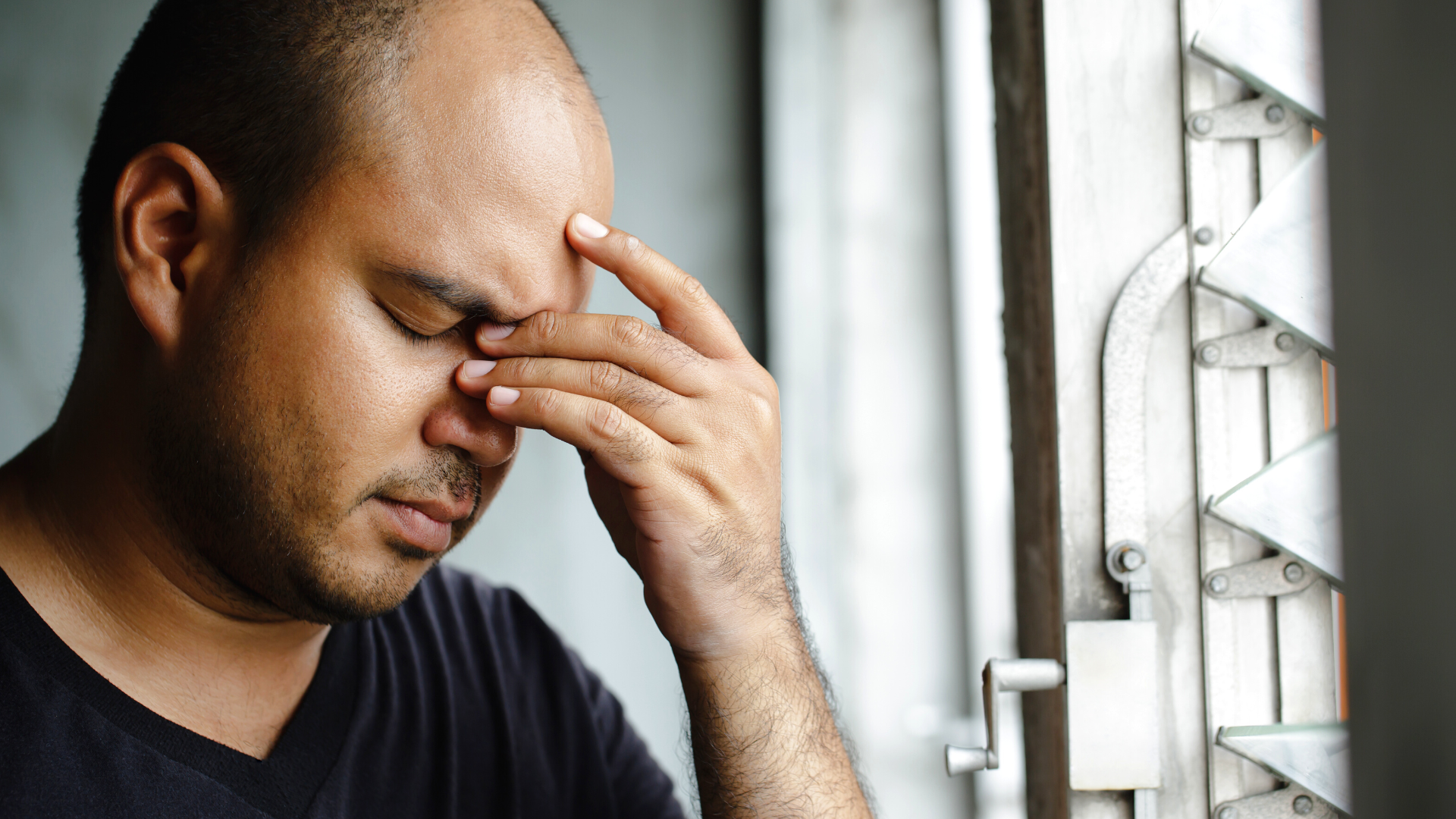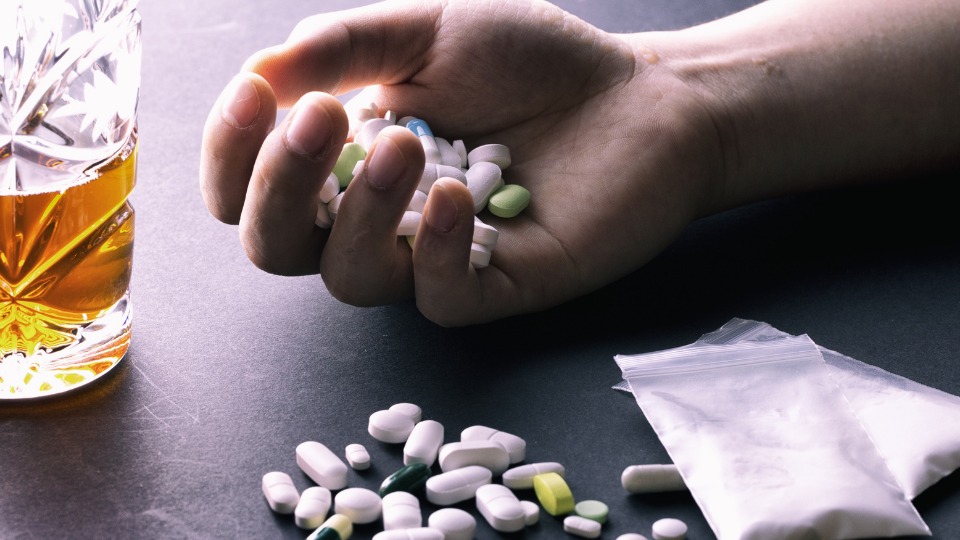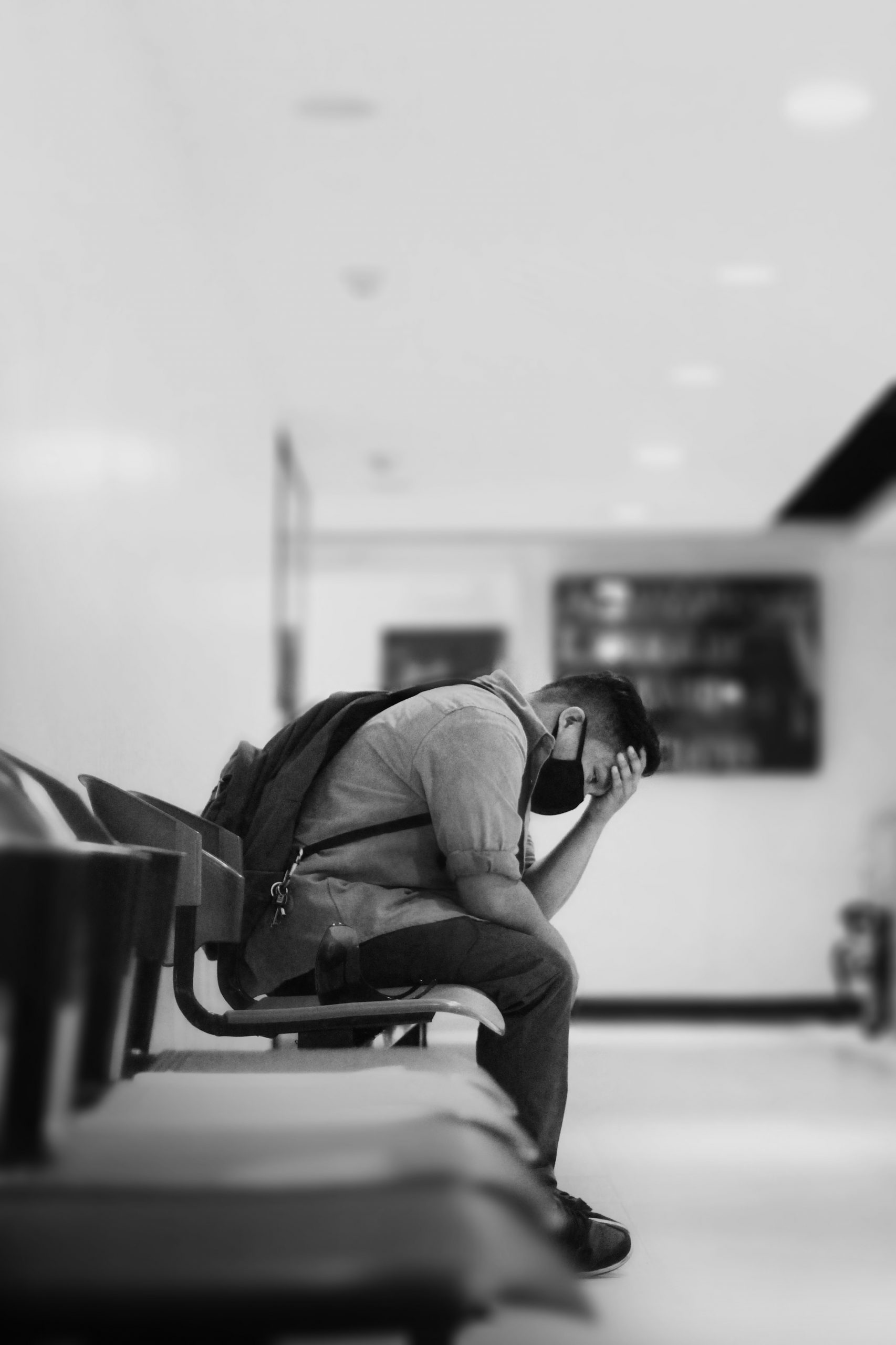When you are a parent, it is important to take the time to pay attention to what your teenager is doing. Teens are partying earlier than ever and less afraid of the consequences that can come with hardcore partying with MDMA and alcohol abuse. It is important to know the signs of alcohol or drug abuse so that you can get your child into an alcohol or MDMA rehab treatment program as soon as you can. The following guide provides you with poignant tips for spotting signs of drug or alcohol abuse in your child.
Disassociation with the Family
If your child was once an active member of your family and you have noticed that they have started to withdraw from everyone, there is a good chance that they may be using drugs or drinking. Seclusion is common in people who abuse drugs or alcohol because they do not want their addition to be discovered. Children who do not have consistent dialogue with their parents are more likely to do drugs than one’s who feel that their parents are paying attention to everything they are doing.
Unexplained Weight Loss
If you have noticed that your child has started to lose weight in a very short period of time, he or she may be using drugs. Drugs often cause teens to feel ill or to curb their hunger to the point that they forget to eat. There are some teens who feel as though they simply cannot eat the day after partying because their body is so discombobulated from the drug use.
Sudden Onset of Consistent Acne
When someone is doing drugs on a regular basis, there are times when their face will start to break out from the imbalance in their system. While they are high, they may start to pick at the sores on their face, which can make them worse. Pay attention to your child’s acne, if you start to notice that they constantly have open sores on their face, they may have an addiction to drugs.
Noticeable Change in Attitude
When teens become addicted to drugs, they often exhibit a change in their attitude. This happens because they often do not get as much sleep as their body needs and because the drugs are affecting the amount of serotonin their body makes.
A lack of serotonin can cause someone to be moody, irritable, and depressed. Pay attention to changes in your child’s mood and make a journal indicating the changes that you see, so that you can provide them to a counselor or drug rehabilitation program in the future as needed. Long term use of MDMA can cause your child to start to lose their memory, become easily confused, which can lead to aggrevation and anger, and it can also cause severe depresssion that could lead to suicide if they do not get into an MDMA rehab program.
Failure in School
Many teens who are partying too much start to have a decline in school. The drugs make it difficult for them to focus as well as they could before they started doing the drugs. They may also be experiencing jittery feelings when their body craves the drugs.
If you feel that your child may have an addiction to drugs, it is important to seek professional help as soon as you can. There are in-patient and out-patient treatment programs available. Depending on the severity of your child’s addiction, an in-patient treatment program may or may not be needed.
Children who do not realize that they have an addition program or cannot fight the cravings for the drugs on their own, will need in-patient care. The staff will help them as they detox from the drugs and determine what caused them to start using to begin with. Your child will learn strategies to use when they finish their treatment to help them avoid relapsing in the future.
Photo credit: pixabay.com



